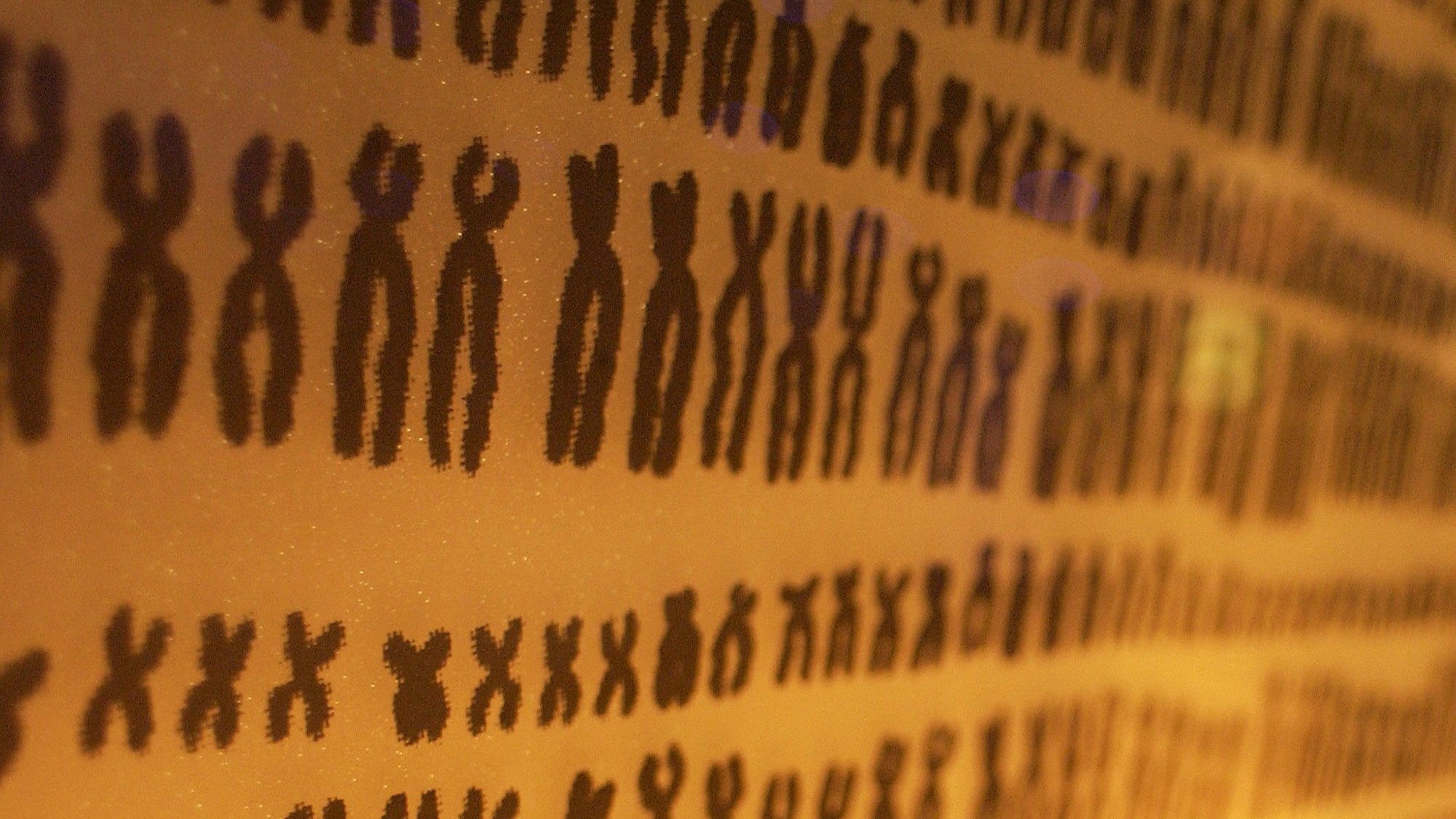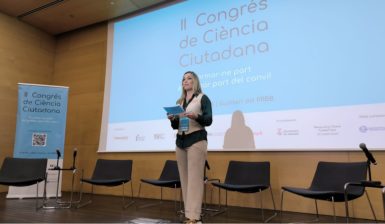More cancer with worse prognosis, and lower life expectancy. This is the price men have to pay for … well, for being men.
Researchers at the Barcelona Institute for Global Health (ISGlobal) have deciphered one of the biological keys to this difference between the two sexes, which is precisely on the Y chromosome (only present in males). It has long been known that as they age, men may lose this small chromosome in some of their cells during cell division. A team led by Juan Ramón González, head of the Bioinformatics Group in Genetic Epidemiology at ISGlobal, has found that the loss of function of this chromosome – and especially six of its genes – is linked to an increased risk of various types of cancer.
These six genes on the Y chromosome are involved in the regulation of the cell cycle, a process that, if it fails, can lead to the development of tumors.
As they age, men may lose their Y chromosome in some of their cells. Researchers at ISGlobal have now found that the loss of function in 6 genes on this chromosome could explain the increased risk of cancer in men.
However, similar genes present on the X chromosome must also be mutated in order for the tumor to take place. “We have seen that if the equivalent genes on the X chromosome are mutated, and the cell then loses the function of the Y genes, the potential biological protection of those genes against cancer is completely lost,” explains the first author of the study, Alejandro Cáceres.
The scientists have also found that the cause of the increased risk is the loss of function of the genes, and that this can happen for two main reasons:
- Loss of the chromosome (during cell division)
- DNA methylation (an epigenetic modification that, according to the researchers, could be related to certain environmental exposures, such as tobacco and other toxic substances)
The study analyzed data from 9,000 men from public repositories and it was performed in collaboration with Luis A Pérez-Jurado of the Department of Experimental and Health Sciences, Pompeu Fabra University (DCEXS-UPF), as well as researchers from the University of Adelaide and the Estonian Genomic Center.
Watch this video (in Spanish) of first author Alejandro Cáceres, telling us more about the study.
Alejandro Cáceres, Aina Jene, Tonu Esko, Luis A Pérez-Jurado, Juan R González. Extreme down-regulation of chromosome Y and cancer risk in men. Journal of the National Cancer Institute, Volume 90, Issue 18, 16 September 1998, Pages 1371–1388, https://doi.org/10.1093/jnci/90.18.1371







